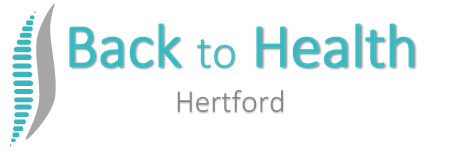NATALIE ADAM
Natalie is a graduate of the London College of Osteopaths, where she retrained after many years of working in medical education and communications. She worked with pharmaceutical companies, The Royal Marsden Hospital and the Institute of Cancer Research where she developed an interest in the treatment and management of chronic pain and the impact pain has on peoples’ daily lives.
She has clinical experience of working with people of all ages, on all joints of the body and numerous conditions. She has particular interests in pain perception, pre and postnatal musculoskeletal problems, lower back pain, shoulders, nerve pain and the effects of foot biomechanics on gait and posture.
Learning is her passion and, while she prefers a hands-on approach, she has been trained to provide kinesiology taping, medical acupuncture and ultrasound where appropriate as part of a treatment plan. She has also carried out further training in rehabilitation and continues to learn to be a Pilates instructor.
Natalie is now offering a MUMMY MOT.
"A Mummy MOT is a specialist postnatal examination for women following both vaginal and caesarean deliveries. It will assess how your posture, pelvic floor muscles and stomach muscles are recovering after birth. And if they're not, then we can provide you with exercises and treatment to help in your recovery and to return to exercise safely".
Up to half of all women experience weakness in both the abdominal muscles and pelvic floor muscles after pregnancy and up to a third still have a tummy gap at eight weeks post-birth
This can cause instability or poor core strength leading to women developing pelvic or back pain, or bladder, bowel and sexual dysfunction.
It's recommended that women have an initial Mummy MOT assessment after their 6-8 week GP check to allow time for tissue healing post birth, but we also treat women who gave birth years ago that may still have a tummy gap or related pelvic floor issues.
Mummy MOT assessment includes:
Full postural screen
Pelvic floor muscle assessment
Abdominal muscle exam to check for any separation
Screening for bladder, bowel or sexual dysfunction
From the assessment you get:
Education and advice on safe activities such as lifting your baby or pushing a buggy.
Bespoke rehabilitation programme with your goals and lifestyle factors in mind.
A written report of the findings of your assessment.


